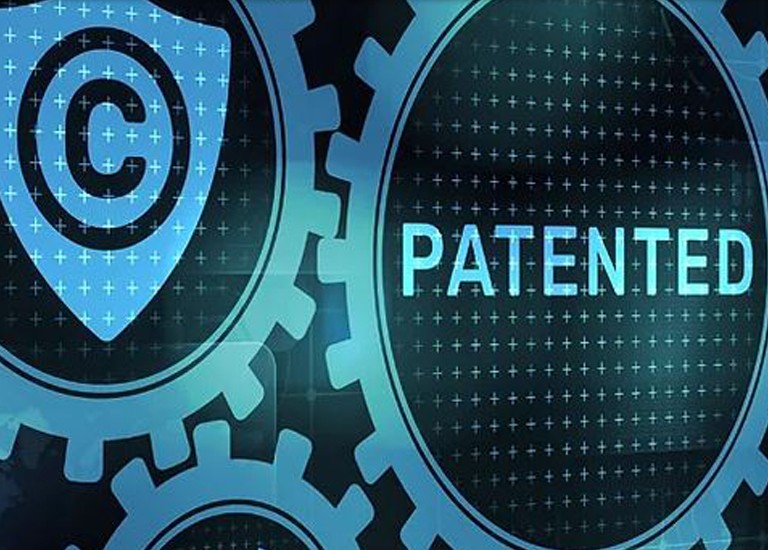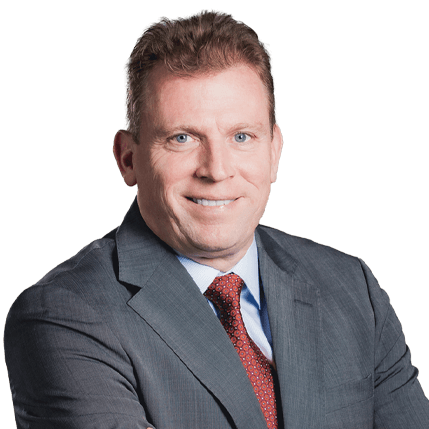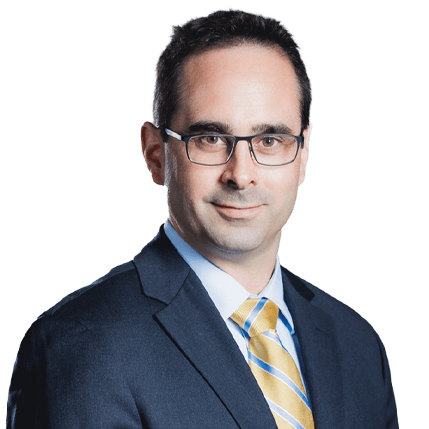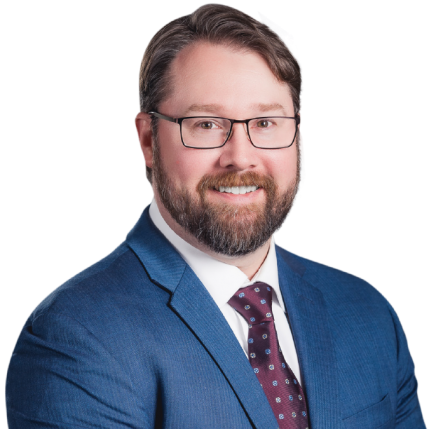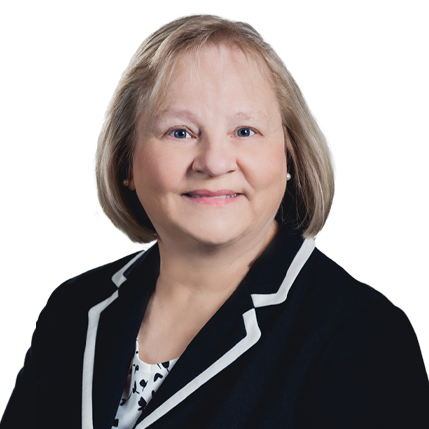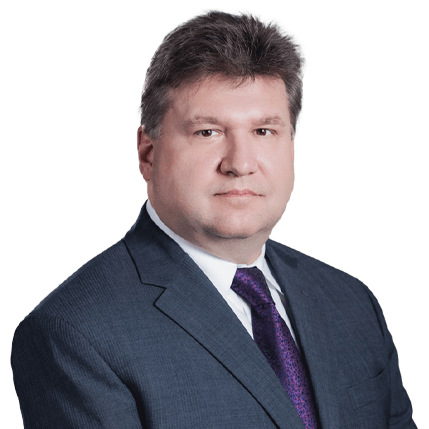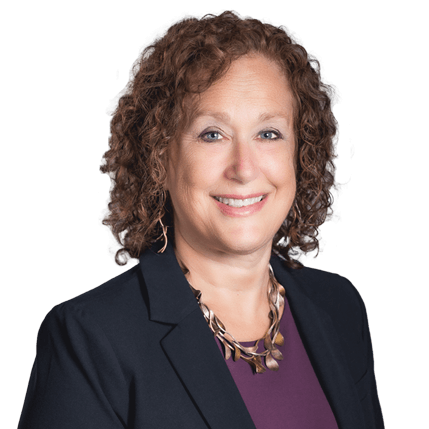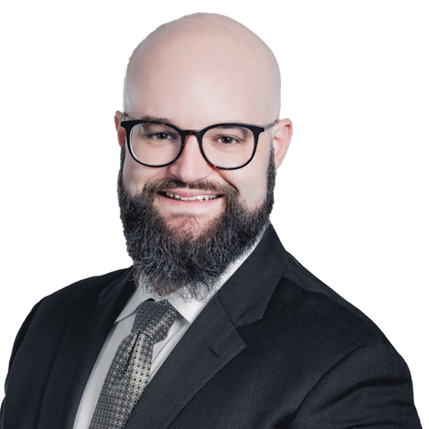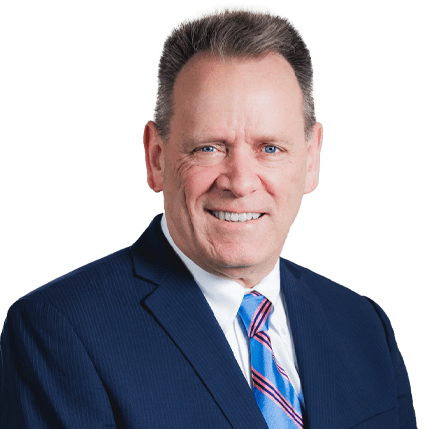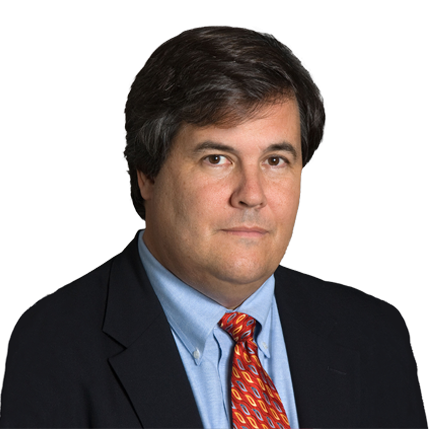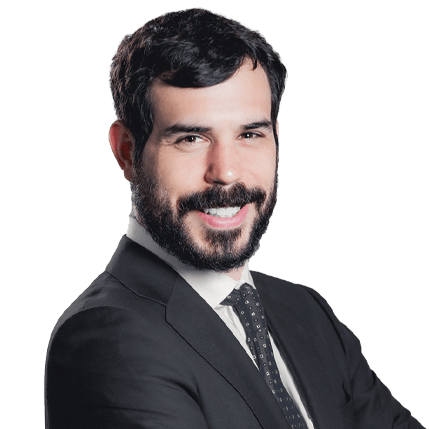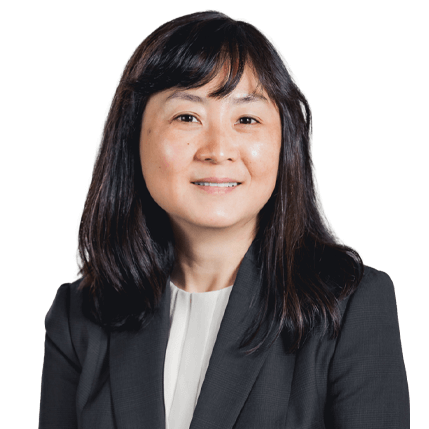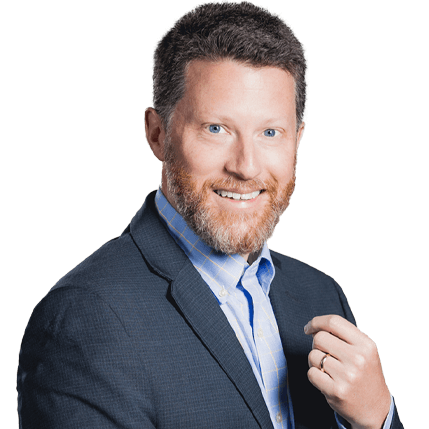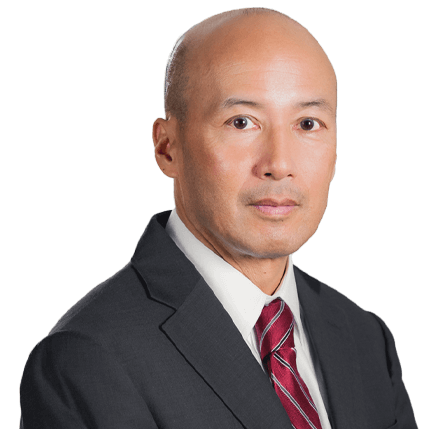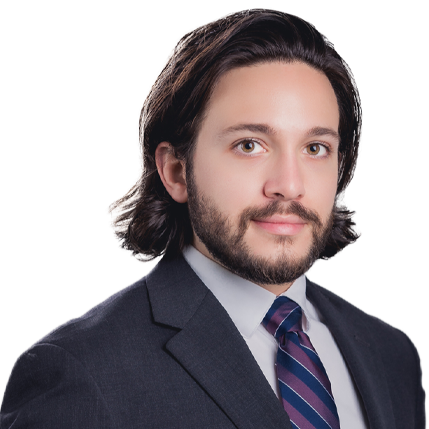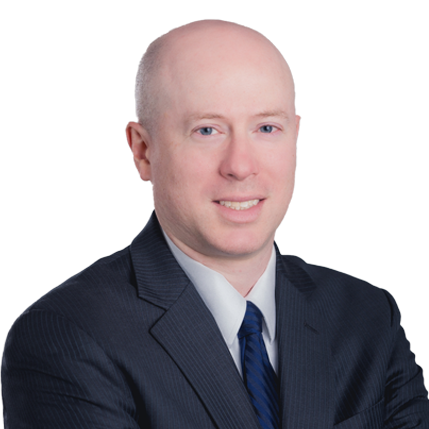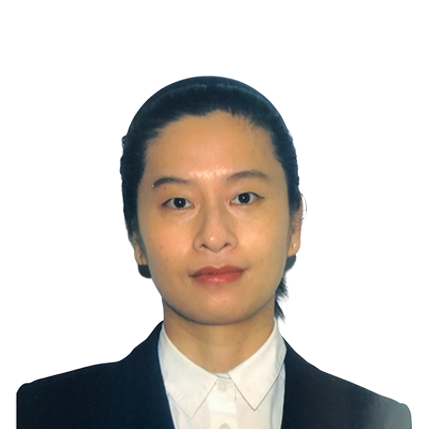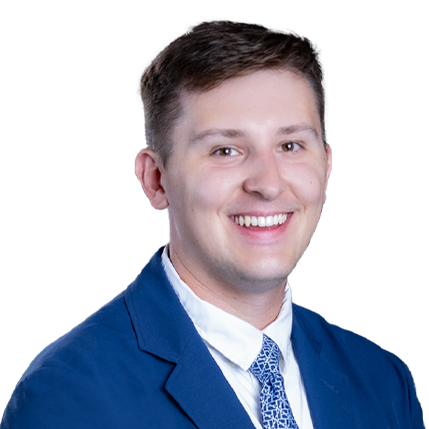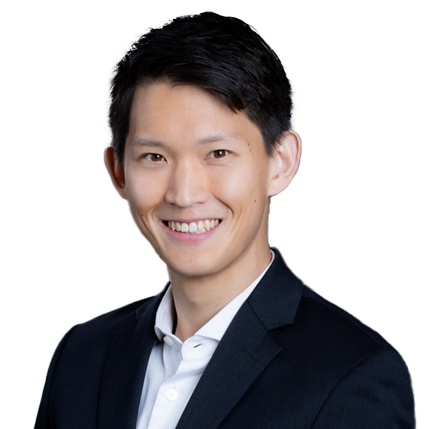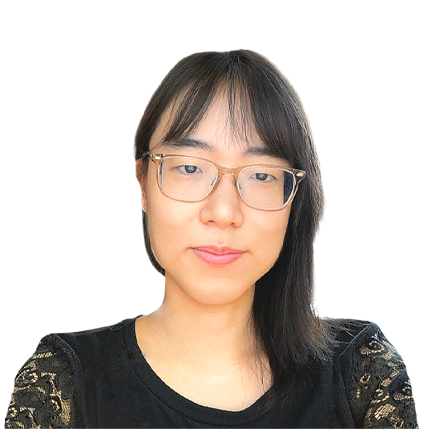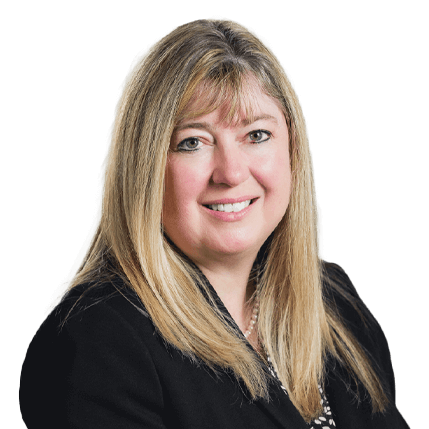Patent protection is a fundamental component of any business that relies on innovation, research, and development.
Innovations in technology and the life sciences are constant, and our attorneys’ technical background supports these fast-changing developments. Our clients describe our patent prosecution teams as the ones who can work with the most complicated patents, and they rely on us to protect their development at every stage of their business.
In addition to obtaining patent protection for our clients in the United States, we work with foreign attorneys worldwide to prosecute and obtain foreign patent rights, oppose foreign patents, and defend foreign patents in opposition proceedings.
Our patent services include:
- U.S. and international patent prosecution
- Due-diligence studies
- Opinions on infringement, validity, enforcement, inventorship, and freedom-to-operate
- Administrative proceedings, including America Invents Act (AIA) trials before the Patent Trial and Appeal Board (PTAB) at the United States Patent and Trademark Office (USPTO), such as Inter Partes Reviews (IPRs), as well as oppositions in other countries
Our attorneys differentiate themselves by providing long-term patent counsel versus short-term patent processing. We want to understand your business, your product/service development goals, and the long-range outlook for viability in the marketplace. We make it a priority to know your business goals before outlining any patent strategy.
- Advised a major electronic goods manufacturer on enforcement and pre-litigation strategy relating to its multi-billion dollar patent portfolio.
- Defended a major communications company against a patent infringement action brought by a nonpracticing entity. Also defended the same communications company in a separate infringement action brought by a different nonpracticing entity on different patents.
- Enforced a patent on gel bean bag positioners against a market place competitor in the District of Massachusetts.
- Represented a generic pharmaceutical company in a patent infringement matter involving a multi-billion dollar drug. Our client had valuable “first filer” status and, thus, rights to limited market exclusivity. We persuaded the brand pharmaceutical company that our client did not infringe its patents. No suit was ever filed and our client was able to go to market with very valuable 180-day exclusivity rights.
- Representing several different branded pharmaceutical companies in litigation “war games” that allowed our clients to foresee possible strategies and tactics that a generic might use to avoid patent portfolios on very valuable brand pharmaceutical products. As a result of each of the war games, our clients were able to develop appropriate strategies under the Hatch-Waxman amendments to the Federal Food Drug Cosmetics Act and tighten their patent estates to thwart likely generic strategies even before litigation was commenced.
- Defended several different pharmaceutical companies in several different patent infringement actions in the U.S. District Court for the District of New Jersey and elsewhere, involving pharmaceutical formulations. We were able to negotiate favorable settlements for our client that were each reviewed without objection by Federal Trade Commission.
- Represented the junior party, a startup biotech company, against an international pharmaceutical company in a Patent Office Interference involving a recombinant protein. We established the priority rights of our client and obtained the patent for them despite having the second filing date and the second invention date.
- Represented a Fortune 500 company in enforcement litigation of a group of its biotech patents. The case resulted in a settlement payment of more than 60% of the infringer’s gross revenue on its infringing sales, a permanent injunction, and the sending of a joint letter to the infringer’s customers urging them to make their future purchases from our client.
- Represented an international research and development company in litigation in the U.S. District Court for the Eastern District of New York, as well as a related arbitration, against a licensee of the client’s patents that involved video recorder technology. After a three-week trial, our client received a judgment that exonerated it of all alleged improprieties and vindicated its early termination of the license.
- Represented a plaintiff in successive patent jury trials in the Northern District of California involving components for printed circuit boards. The first trial resulted in a finding of validity and infringement in the liability phase and subsequent contempt citations against the defendant for new designs. The case settled prior to the damage phase with the defendant agreeing not to market any infringing product. The second trial resulted in the jury finding willful infringement of a redesigned product, with increased damages and attorneys’ fees awarded by the court.
- Represented an academic institution in a patent case against a major technology corporation for infringement of a patent related to speech analysis, compression and transmission. We developed a successful cost-saving strategy of inducing the court to change its usual practice for the timing of Markman hearings, thereby achieving an early summary judgment hearing after only limited discovery.
- Represented a leading developer of sports and entertainment ticketing technology in a patent infringement action against a larger industry competitor in the U.S. District Court for the District of Delaware. The technology involved an electronic ticketing system.
- Represented a leader in the entertainment promotion industry and patent owner in various actions against an industry competitor involving a patented promotional method and device in the U.S. District Courts for the Southern District of New York and District of Delaware.
- Defended a patent infringement action involving oil refinery technology in the U.S. District Court for the Southern District of Texas. After summary judgment of patent invalidity was affirmed on appeal, the patent owner paid our client a high six-figure amount toward its litigation defense costs. We also identified insurance policies which led to our client’s receiving a further mid-six figure amount toward its litigation defense costs.
- Defended an action in the District of New Hampshire involving alleged infringement of several patents directed to a chemical composition for stripping metal, the action having been brought by the industry leader. The action successfully concluded with a reformulation of the compounds to avoid any infringement and without any payment by our client to the patent holder.
- Defended a start-up company in two separate actions filed in the Central District of California based on patents related to hinge and latch designs. The actions were successfully resolved with dismissal of the infringement claims with prejudice and no payments by our client to the patent owner. In addition, our client received royalty-free licenses.
- Represented a Taiwan-based manufacturing firm against infringement claims under two patents asserted by a multinational company. We succeeded in obtaining summary judgment of non-infringement on one of the patents, which led to successful mediation that resolved the claims under the other patent.
- Defended against allegations of infringement of patents in the semiconductor manufacturing field by taking the offensive to enforce our client’s own patent on related technology. We carried out strategic discovery that resulted in a resolution that was favorable to our client.
- Represented the owner of patent relating to semiconductor manufacturing in an infringement action in which we were successful in securing a preliminary injunction against the defendant’s continued infringement. Thereafter, we succeeded in having the defendant found in contempt, and were awarded attorneys’ fees even though the injunction was dissolved based on newly discovered prior art.
- Represented a major research-based pharmaceutical company as the senior party in a patent interference involving a human cytokine. After the parties filed initial papers and a list of preliminary motions, we achieved a settlement that included a process for determining priority of invention. Upon determining priority, the opposing party requested judgment adverse to it.
- Represented a major medical diagnostic service provider in connection with a patent application involving a nucleic acid. We developed a strategy that resulted in the issuance of patents on noninterfering subject matter, without the expense of an interference.
- Represented a leading international research institution as the junior party in a patent interference involving nucleic acids and proteins. We succeeded in determining priority as to a number of interfering inventions and were successful in requesting that the Patent Office redeclare the interference to add multiple patent applications and counts. As a result, a patent issued to our client.
- Represented a substantial biotechnology company as the junior party in a patent interference involving a cross-linked protein composition. After the interference was declared, we were able to negotiate a favorable settlement under which our client obtained a license with only a nominal royalty.
- Represented a biotechnology company as the senior party in a patent interference involving a method of treating a disease with an antibody. The opposing party conceded priority of the subject matter of the interference, and requested judgment adverse to it, after two of its noninterfering claims were removed from the interference.
- Represented a world-renowned cancer research and treatment hospital as the junior party in related patent interferences involving DNA, protein and method claims. Even though we represented the junior party, the opposing party conceded priority as to the most significant claims, resulting in the entry of judgment adverse to the opposing party on those claims.
Warning About Unofficial Patent and Trademark Solicitations
Patent and trademark applicants/owners are often targets of unscrupulous entities with misleading solicitations intended to look like official government notices. These solicitations often request payment to keep a patent or trademark case in force or to publish the case on a register, among other seemingly legitimate purposes.
We advise you to scrutinize notices that are not received from our firm or from your trusted renewal fee service provider. Copies of any questionable notices may be brought to our attention.
